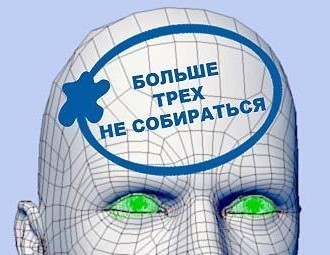Assembly of NGOs and “Lawtrend” issued a review of freedom of associations for 2014

Assembly of Pro-Democratic NGOs and the Legal Transformation Center “Lawtrend” prepared a review “Freedom of association and the legal status of non-commercial organizations in Belarus” for 2014.
The overview was made as an update to the report on freedom of association in Belarus that was submitted by the Assembly of NGOs and the Legal Transformation Center to the UN Human Rights Council in 2014 within the frames of the Universal Periodic Review of Human Rights, is said in the press release of the review. The report was widely used by the Office of the High Commissioner for Human Rights in preparing the Summary of stakeholders’ information for the second cycle of the UPR of Belarus, which will take place in the Human Rights Council in Geneva on May 4th.
The review contains analysis of legislative changes that affected non-profit organizations in 2014, reflections upon the attempts to establish a dialogue between civil society organizations and the government, and statistics of CSO number growth. Special attention is paid to the restraints faced by Belarusan CSOs in their activities, including criminal liability for the activities on behalf of unregistered envisaged by Article 193.1 of the Criminal Code.
The overview also provides analysis of the registration dynamics of foundations, public associations and non-governmental agencies, accompanied by a list of organizations that were registered during the year. Readers can learn not only about the general statistics of the newly established organizations’ activities, but trace which exactly NGO was registered during each month of 2014 in the form of association, foundation or private institution.
English version of the overview “Freedom of association and the legal status of non-commercial organizations in Belarus” for the year 2014 is available here.
As “EuroBelarus” Information Service has already informed, the Assembly of NGOs and Legal Transformation Center prepared the Monitoring “Freedom of association and legal conditions for non-profit organizations in Belarus” with the review period of the Monitoring is January 1 – March 31, 2015.
-
03.01
-
07.10
-
22.09
-
17.08
-
12.08
-
30.09



























